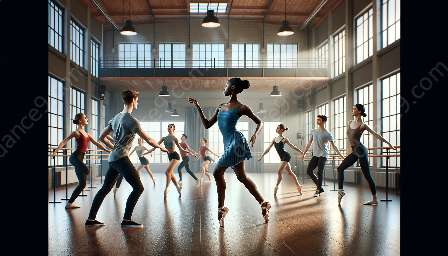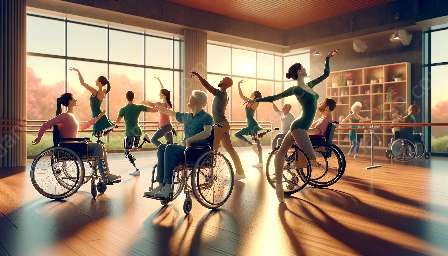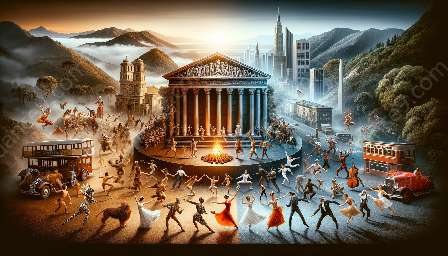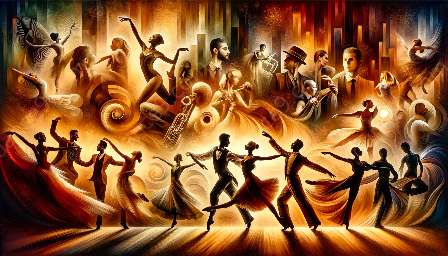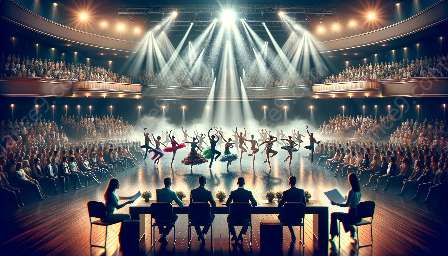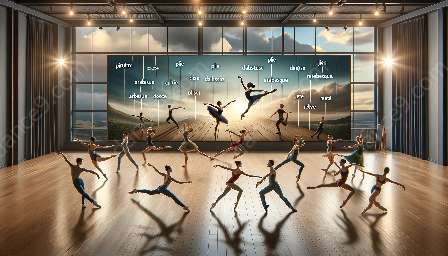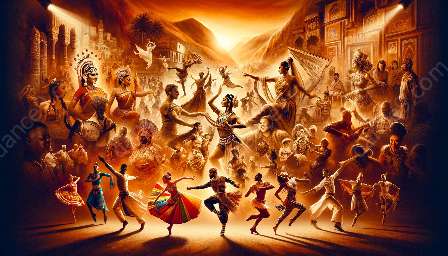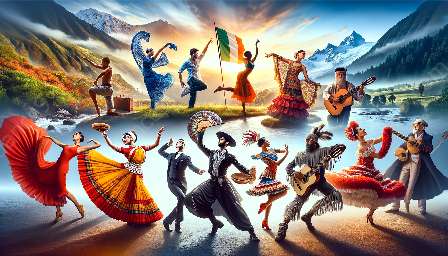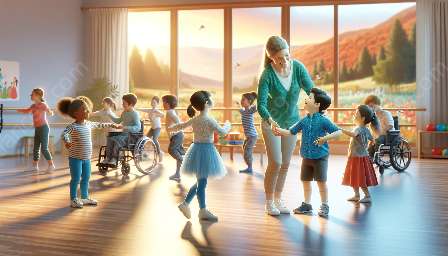Dance has the power to bring people together, fostering social connections and cultural appreciation through its ability to transcend language and boundaries. This article explores the impact of social and community engagement through dance, particularly within the context of dance education.
Through dance education, individuals of all ages and backgrounds can come together to learn and express themselves, creating an inclusive and supportive community. By participating in dance classes, workshops, and events, individuals not only develop a deeper understanding of dance techniques and styles, but also cultivate empathy, teamwork, and respect for diversity.
One of the key benefits of utilizing dance as a tool for social and community engagement is its ability to serve as a platform for cultural exchange. By showcasing different dance traditions and styles, communities can gain a better understanding of various cultures, breaking down stereotypes and fostering a sense of unity.
The Role of Dance Education
Dance education plays a vital role in promoting social and community engagement. It provides individuals with the opportunity to develop self-confidence, creativity, and self-expression, while also promoting physical fitness and well-being. As students learn and practice various dance forms, they develop a sense of discipline and dedication, which are essential attributes for successful community engagement.
Furthermore, dance education encourages collaboration and communication, as dancers often work together to create performances and presentations that reflect their shared experiences and values. By engaging in collaborative projects, individuals learn to appreciate the strengths and contributions of others, fostering a sense of unity and mutual respect.
Building Stronger Communities through Dance
When individuals participate in dance activities and events, they become active contributors to their communities, promoting social cohesion and connectivity. Dance performances, festivals, and workshops serve as opportunities for individuals to connect with others who share similar interests, fostering a sense of belonging and camaraderie.
Moreover, dance events often attract diverse audiences, creating spaces for individuals from different backgrounds to interact and engage with one another. This can lead to the formation of cross-cultural friendships and partnerships, enriching the social fabric of the community and promoting a more inclusive and harmonious society.
Impact on Personal and Social Development
The impact of social and community engagement through dance extends beyond the dance studio or performance venue. It contributes to the personal and social development of individuals, instilling values of empathy, respect, and cultural appreciation. Through dance, individuals learn to communicate and connect with others on a deeper level, transcending language and cultural barriers.
Furthermore, dance empowers individuals to express their unique identities and stories, promoting a sense of individuality and self-worth. This, in turn, contributes to building a supportive and inclusive community where everyone's voice is valued and respected.
Conclusion
Engaging communities through dance education has the power to foster social connections, promote cultural appreciation, and enhance the overall well-being of individuals. Through the transformative power of dance, communities can come together to celebrate diversity, build meaningful connections, and create a more inclusive and harmonious society.
Dance serves as a universal language that transcends boundaries, bringing people together and nurturing a sense of belonging and understanding. As we continue to explore the impact of social and community engagement through dance, it becomes evident that dance education plays a crucial role in promoting social cohesion, empathy, and cultural exchange, contributing to the creation of vibrant and interconnected communities.


